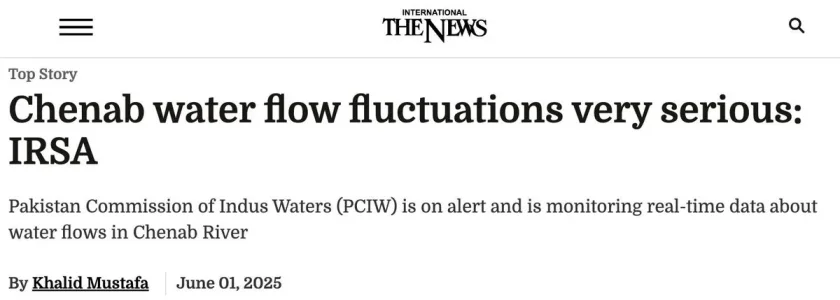Kannadiga will attack akerala and bengal are more dangerous than kashmir , even bengal is better with these brainless kachha baniyans bangladeshis but kerala is way more dangerous with total support from ME and european missionaries.
Babu is your answer you think political leaders do have time and brain to think of all this nonsense no ,it's babu's who put this idiotic things into a leaders headFor god's sake, Soros is a small fish.
He's just one of the tools that the western deep state uses. You are right about the rest i.e wokery in our forces is being pushed by vested interests and our leaders being the insecure idiots who crave for foreign validation are portraying it as a great thing.







